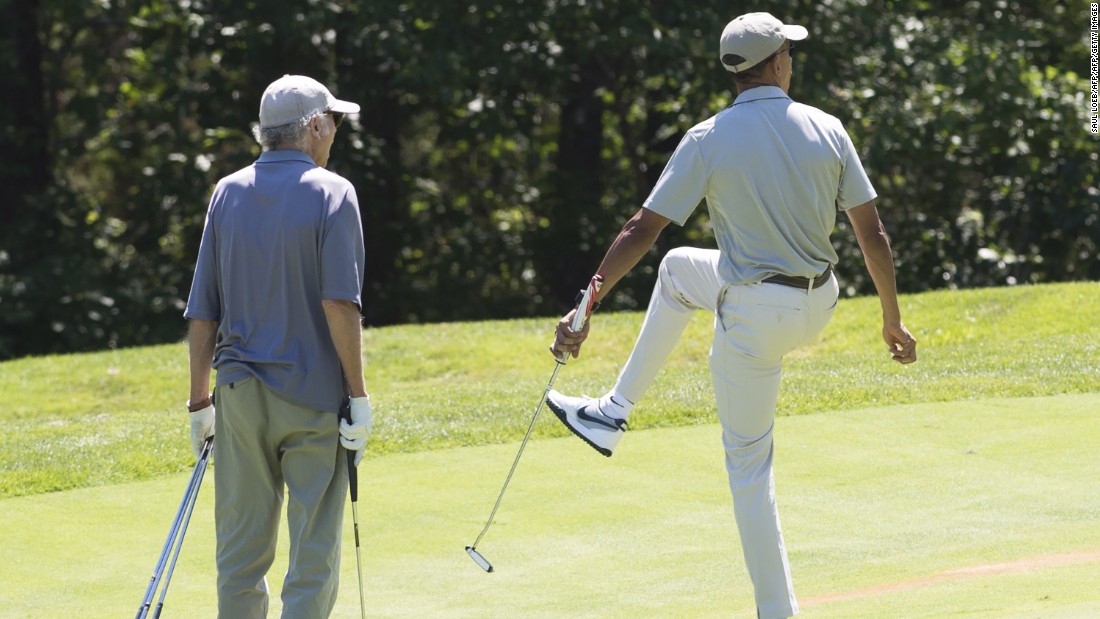
According to just about everybody, the future is now for the autonomous automobile. Self-driving cars will soon dominate US streets. The ramifications of this, the legal issues, are pointed out
here. The lady fails to mention some even more important inevitable outcomes should self-driving cars become "normal".
It must be assumed that autonomous automobiles will comply with traffic laws in every way. They won't speed, run red lights, or pass in a no-passing zone. According to the
Bureau of Justice Statistics, a government agency, 42% of the face-to-face encounters between US residents and police is during a traffic stop, about half of which result in tickets. Should well-behaved self-driving cars eliminate this, we would ostensibly need about half the cops and squad cars now employed in traffic regulation. At the same time, there would no longer be any municipal income from traffic fines.
This source estimates that the annual fines in the US for speeding add up to $6,232,000,000, or about $300,000 per year per police officer. The $6 billion + that towns and counties collect must be replaced through some other means, probably higher taxes.
While the constitution puts limits on the ability of law enforcement to invade a private domicile, traffic stops are a different story. A crooked license plate can be probable cause for a traffic stop and a subsequent search of the car and driver. This shouldn't be a problem with the carefully maintained and law-abiding autonomous autos. Thus criminals smuggling drugs, cash, rare falcons or stolen art will be much more difficult to apprehend, especially because there will be far fewer police on the road. An increase in drug usage is likely.
Drinkers will be quick to adopt self-driving cars. This will make the highways safer but also increase general drunkenness, since there would be no reason to restrain one's drinking in order to avoid DUI arrest.
A supposed major benefit of autonomous cars will be increased highway safety. If so, this too will have unintended effects. Structural fires are a small part of the activity of fire departments. Many of their calls are in response to accidents, specifically car accidents. A dearth of car wrecks and the consequent injuries will mean even less for firemen to do and require fewer men at the firehouse.
Local government will have an interesting time adapting to a crime-less automobile environment. Finally, the aspects of this issue are mentioned in cutting-edge on-line publication
Wired.








